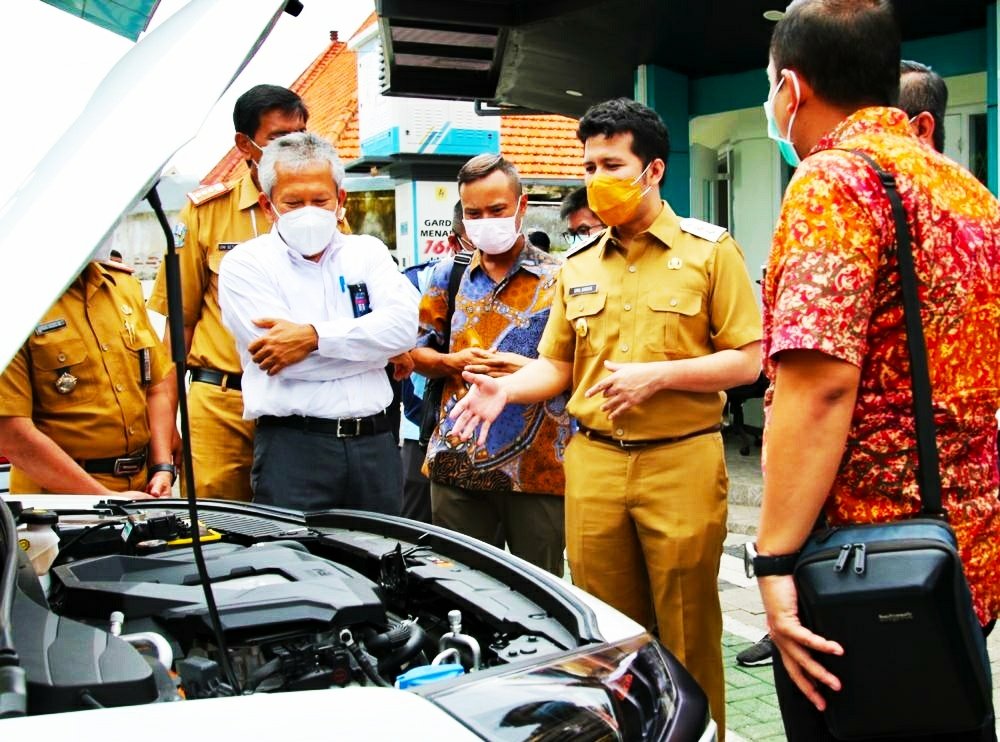Jakarta–Detakpos.com-Indonesia targets the share of renewable energy mix in the national primary energy to reach 23 percent by 2025 (RUEN). However, until 2020, the share of the renewable energy mix in the national primary energy has only reached 11.2 percent.
Electric vehicle innovation is one way to reduce dependence on fossil energy. Several countries in the world have implemented electric vehicles, one of which is the United States.
KBLBB (Battery-Based Electric Motorized Vehicle) policy in the United States began in 2009. The tax deduction policy was enacted through “The American Recovery and Reinvestment Act” in 2009.
There is a tax rebate from $2,500 to $7,500 per car depending on battery capacity. In addition, this incentive also applies to cars modified from conventional to electric drive with a conversion kit (maximum $4,000 per car).
Furthermore, forty-five states and the District of Columbia provide incentives for electric cars and/or hybrid cars either through certain operational utilities in a region or through statutory regulations.
The types of incentives vary from tax and price rebates, exemptions from emission tests or TOU electricity rates.
In addition, the US Government has also prioritized AV development, included of FY 2021 Administrative Research and Development Budget Priority
The principle of Autonomous Vehicle (AV) Technology in AV 4.0 (2020) is focused on 3 things, including protecting users and the public, promoting an efficient market and facilitating coordination efforts.
In protecting users and the public, US Government facilitates AV vehicle safety, AV technology system security and data security, and increased access and mobility for the user community.
In promoting an efficient market, US Government is promoting a technology-neutral policy, promoting policies that encourage innovation and creativity especially for AV technology, and updating regulations.
In facilitating coordination efforts, US Government promotes consistent standardization and policy, facilitates the coordination of AV research, regulation, and policy across the Federal Government, and coordination to improve transportation system-level performance, efficiency, and effectiveness, and avoid the negative impact of AV technology.
Hopefully Indonesia can achieve the target of using renewable energy by 2025. The development of battery-based electric motorized vehicles is expected to be one of the solutions.(HMS)







